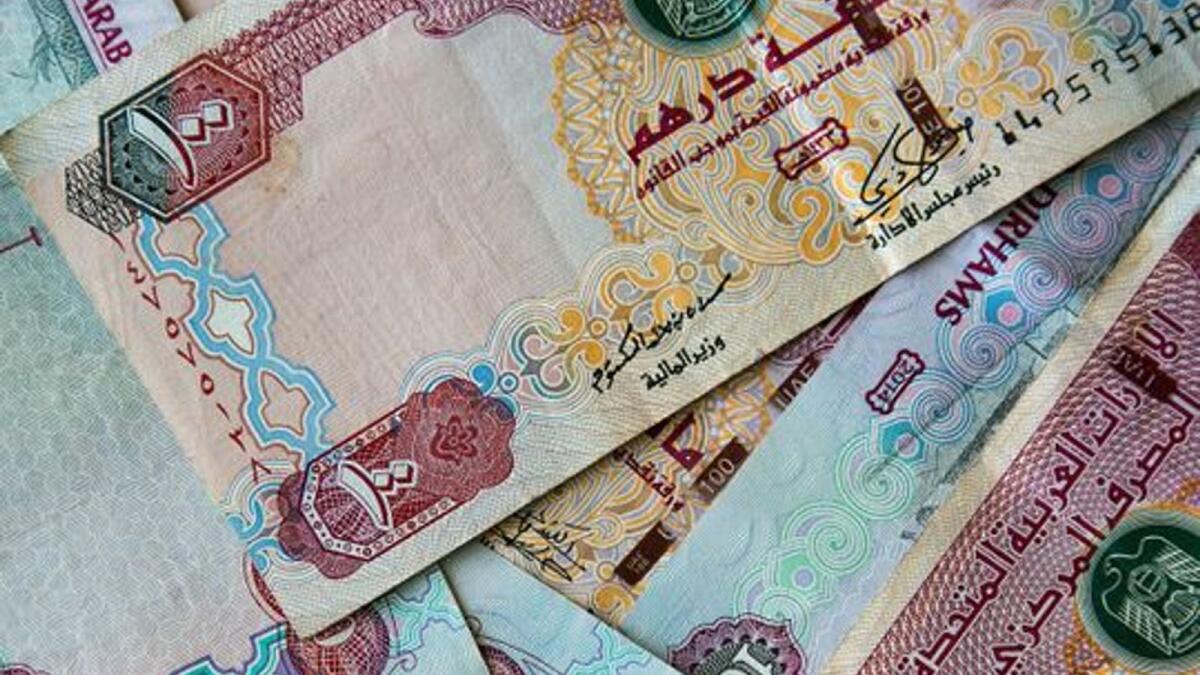Financial institutions in the UAE will face increased scrutiny under the new National Strategy for Anti-Money Laundering, which aims to enhance the country’s efforts in combating financial crime. The strategy, which consists of 11 strategic goals, is designed to uphold international standards in dealing with money laundering and terrorism financing through legislative and regulatory reforms. Experts believe that this move will help the UAE demonstrate continued effectiveness across its AML framework and ensure that the financial system remains safe and efficient.
Although the UAE was recently removed from the FATF Grey List, the new strategy aims to further strengthen the country’s position as a leading international financial center and trade hub. By continuously enhancing its AML/CFT framework, the UAE can stay ahead of emerging threats and show sustained efforts during the next Mutual Evaluation process with the FATF. Key areas of focus will likely include the treatment of virtual assets, information sharing between AML stakeholders, and the development of national databases for risk assessment accuracy.
The UAE Cabinet has already approved the new anti-money laundering strategy for 2024-27, which aligns with the latest National Risk Assessment and incorporates feedback from private sector stakeholders. The strategy, developed using the World Bank Group’s methodology, aims to address complex financial crimes and emerging risks such as trade-based money laundering and cybercrime. By enhancing coordination between national and international entities, the UAE plans to better share information and strengthen partnerships for effective supervision of AML, CFT, and CFP obligations within the private sector.
The strategy also focuses on improving risk-based compliance, effectiveness, and sustainability, as well as optimizing national and international coordination. By investing in human and technical resources, enhancing data collection and analysis, and updating the legal and regulatory framework, the UAE aims to detect, investigate, and disrupt illicit financial activities more effectively. The strategy will also target virtual assets, cybercrime, and other evolving threats through improved mechanisms and procedures.
International cooperation plays a crucial role in the UAE’s new anti-money laundering strategy, as the country plans to strengthen partnerships with other countries and international organizations to exchange information and best practices. This collaborative approach is essential for addressing the transnational nature of financial crimes and ensuring that the UAE’s measures are effective on a global scale. Overall, the new strategy demonstrates the UAE’s commitment to combatting financial crime and maintaining the integrity of its financial system.










